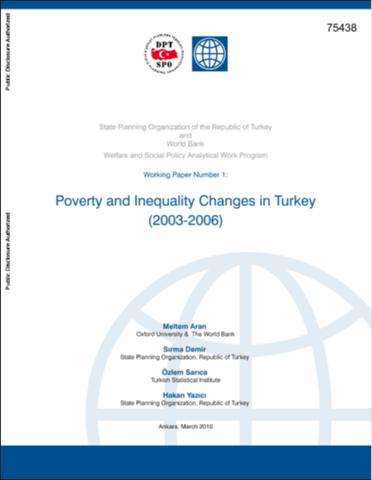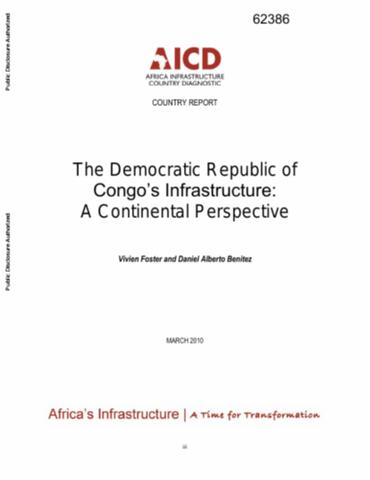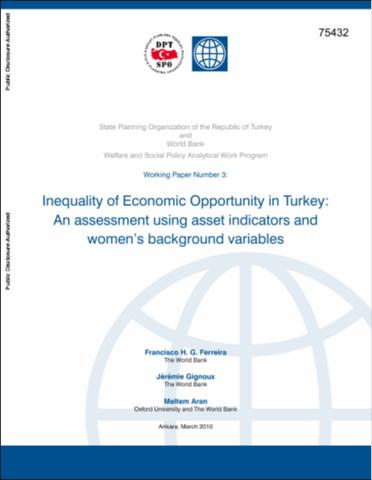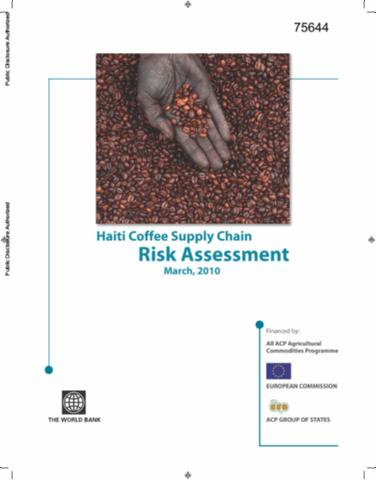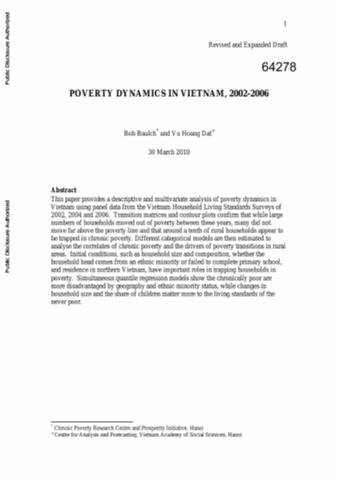The World Bank is a vital source of financial and technical assistance to developing countries around the world. We are not a bank in the ordinary sense but a unique partnership to reduce poverty and support development. The World Bank Group has two ambitious goals: End extreme poverty within a generation and boost shared prosperity.
- To end extreme poverty, the Bank's goal is to decrease the percentage of people living on less than $1.25 a day to no more than 3% by 2030.
- To promote shared prosperity, the goal is to promote income growth of the bottom 40% of the population in each country.
The World Bank Group comprises five institutions managed by their member countries.
The World Bank Group and Land: Working to protect the rights of existing land users and to help secure benefits for smallholder farmers
The World Bank (IBRD and IDA) interacts primarily with governments to increase agricultural productivity, strengthen land tenure policies and improve land governance. More than 90% of the World Bank’s agriculture portfolio focuses on the productivity and access to markets by small holder farmers. Ten percent of our projects focus on the governance of land tenure.
Similarly, investments by the International Finance Corporation (IFC), the World Bank Group’s private sector arm, including those in larger scale enterprises, overwhelmingly support smallholder farmers through improved access to finance, inputs and markets, and as direct suppliers. IFC invests in environmentally and socially sustainable private enterprises in all parts of the value chain (inputs such as irrigation and fertilizers, primary production, processing, transport and storage, traders, and risk management facilities including weather/crop insurance, warehouse financing, etc
For more information, visit the World Bank Group and land and food security (https://www.worldbank.org/en/topic/agriculture/brief/land-and-food-security1
Resources
Displaying 4676 - 4680 of 4907Poverty and Inequality Changes in Turkey (2003-2006)
Poverty in Turkey has declined significantly between 2003 and 2006, as a result of rapid poverty reduction in urban areas. In the same time period, the reduction in poverty in rural areas has been slow or non-existent. As a result, the relative risk of poverty has increased in this time period for those employed in agricultural sector, living in rural areas and in large households.
The Democratic Republic of Congo's Infrastructure
The Africa Infrastructure Country Diagnostic (AICD) has gathered and analyzed extensive data on infrastructure in around 40 Sub-Saharan countries, including the Democratic Republic of Congo (DRC). The results have been presented in reports covering different areas of infrastructure ICT, irrigation, power, transport, water and sanitation and different policy areas, including investment needs, fiscal costs, and sector performance. This report presents the key AICD findings for the DRC, allowing the country's infrastructure situation to be benchmarked against that of its African peers.
Inequality of Economic Opportunity in Turkey
Using information on asset ownership, housing quality, and access to services to construct an indicator of household wealth, the author estimates the share of inequality among prime-age Turkish women that can be attributed to unequal opportunities. Both parametric and non-parametric estimation methods are used, and robustness to some sample redefinitions is verified. The author find that at least one-third (one-fourth) of overall wealth (imputed consumption) inequality in Turkey is associated with morally irrelevant, pre-determined circumstances.
Haiti Coffee Supply Chain Risk Assessment
Coffee is an ecologically and economically significant crop for Haiti. It is not only the main source of income for more than 100,000 farmers, but the coffee ecosystem also sustains a large part of the remaining tree cover (currently at less than 1.5 percent of land) of the country. This report does not aim to detail the structural constraints impacting upon the Haitian coffee sub-sector.
Poverty Dynamics in Vietnam, 2002-2006
This paper provides a descriptive and multivariate analysis of poverty dynamics in Vietnam using panel data from the Vietnam household living standards surveys of 2002, 2004, and 2006. Transition matrices and contour plots confirm that while large numbers of households moved out of poverty between these years, many did not move far the poverty line and that around a tenth of rural households appear to be trapped in chronic poverty. Different categorical models are then estimated to analyze the correlates of chronic poverty and the drivers of poverty transitions in rural areas.






